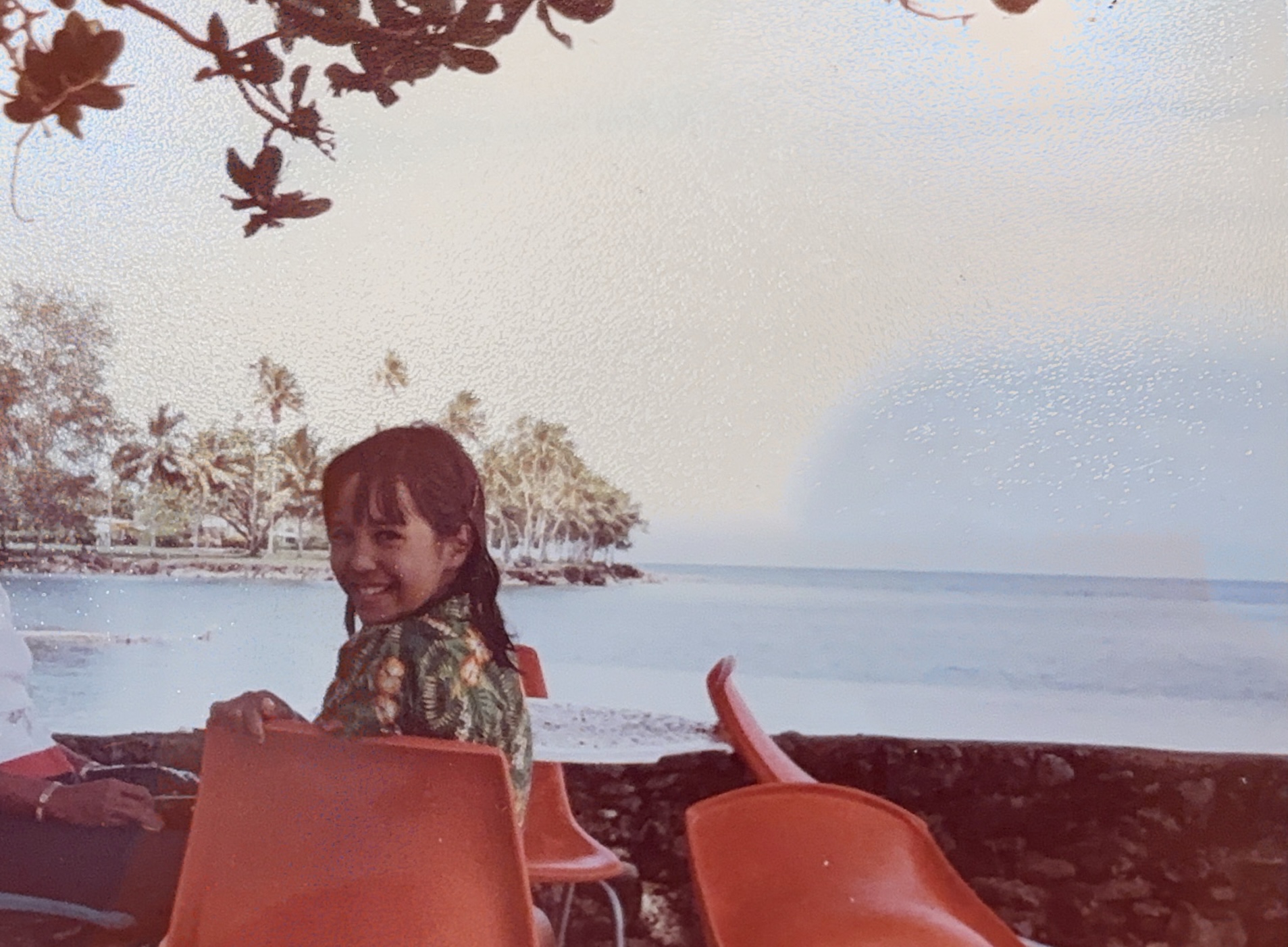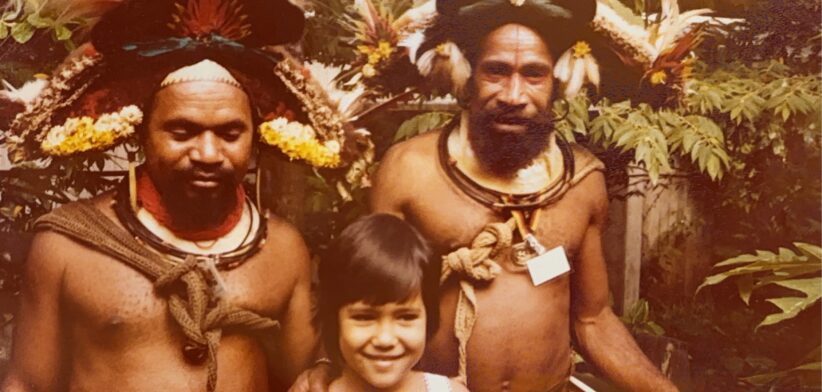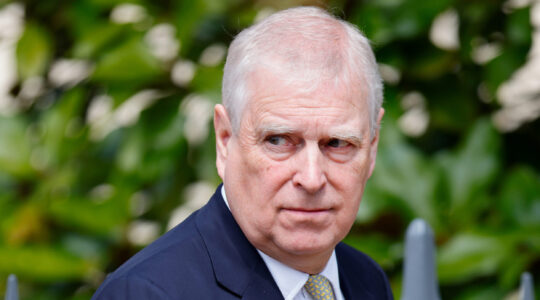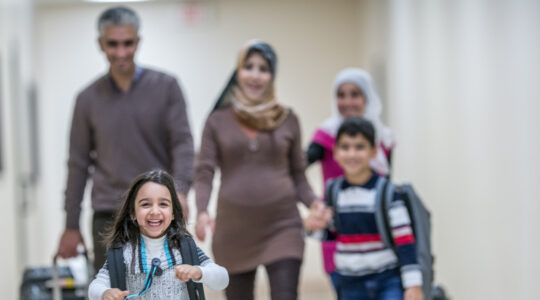By Susan Schwartz
There are some birthdays you just don’t forget – turning 18, turning 50, and turning independent.
On September 16, Papua New Guinea will blow out 50 candles on its national cake.
I can’t help but think I should be joining in to bang the drum and sing “Happy Birthday” in Tok Pisin, surrounded by sing-sing dancers in their finest feathers and colourful paint.
I grew up in PNG. When people find this out, they often want to know more. But to me it was just my childhood.
Our house was on a hill in Port Moresby that provided trees ripe with bananas. It took in sunsets and ships coming to the shore that was lined with beaches that stretched on forever.
When my parents lived in Madang, they would talk about a ship that would bring supplies only once a month; and cold outdoor showers delivered by a single bucket.
After they moved to Port Moresby my father even had to help the doctor at my birth as there was no one to assist in delivering me.
On the streets, locals would smile generously through buai or red betlel-nut stained teeth. Women would carry bilums on their heads that often held a pikinini – in PNG the word refers to a child of any race and doesn’t have negative connotations like it does elsewhere. Piglets were sacred so some women would let them suckle from their breasts at the markets.
This was the real PNG, where us naked pikininis ran around in the dirt, and hearts were generous and full. There were no postcard resorts, no polished expat enclaves, and no shops. Only some basic trade stores selling rice, fabric and the “latest” music releases which would reach us a year after they hit the market.
Entertainment consisted of a drive-in, a movie theatre and an outstanding amateur theatre in which my neighbour starred in Gypsy and belted out “Bump it with a Trumpet” while wearing a skimpy gold Madonna-esque outfit. I even had a go on stage as a tap-dancing skeleton one year and a tree the next.
The closest thing we got to celebrity was at the Crystal Jade Chinese restaurant where Michael Somare, PNG’s longest-running and first Prime Minister after independence would often be seated at a table nearby. Or when my mother was dragged by her boss to meet mega film stars William Holden and Stephanie Power. They were wanting to establish a resort along that famous shoreline, but it never eventuated.
Every weekend my parents hosted or attended dinner parties, and I would fall asleep under the dining table, exhausted. My glamorous mother would don her Christian Dior shoes and bags (“cheap back then Suzie,” she says) from our annual overseas trips. She would cook up local fish that barely squeezed into the oven, and experiment with international recipes from her expat friends.
At a time when an education in Australia would have meant being surrounded by mostly Anglo-Saxons, my class list read like a United Nations roll call – Australia, New Zealand, UK, Germany, China, The Philippines, and PNG.
Regardless of background, rich or poor, everyone was my wantok, or friend. More than anything, growing up in PNG taught me the true meaning of wantok.
A wantok, or literally “one talk” – is someone who speaks your language. It hinges on community – it’s about looking after each other, not because you have to; but because that’s just what you do.
Your status was not measured by what you had, but how you shared what you had, even if it was very little.
It was the kind of idealised childhood everyone dreams of; and every parent wishes for their child.
During the school holidays I would be left with a bunch of local women who used to call me Suzi Q.
Meri (also the name of a woman or the colourful blouses that the PNG women wear) taught me the poetic genius of pidgin English (now Tok Pisin).
“Emi go bagarap” derived from the Aussie “bugger up” was one of her favourites.
She also taught me to make my own bilum.
It was made from the scraps of white and orange thread. But I never got to complete it because my parents decided it was time “to go pinis” or “go finish” which in pidgin means to leave the country for good.
It had become too dangerous – the wantok concept was deteriorating. Now, if things were not shared, they were taken instead.
One weekend my dad drove to a small roadside store to buy something and parked the car, locking me inside. While he was in the store, a group of three or four local men surrounded the car and were trying to get in. Of course I was terrified. When they saw my imposing-looking Dad coming, they ran away.
It was the beginning of the end. Families were held at knifepoint and raped. Homes were ransacked and cars stolen. Females couldn’t walk down the street or go to the beach without being harassed. Gated compounds began to spring up, along with armed guards that are a ubiquitous part of life there now.
My parents thought staying any longer would be a gamble for our lives – a risk they weren’t willing to take.
And today, here we are – 50 years young. PNG is still facing massive challenges like access to healthcare, education, and infrastructure, along with law and order and fair governance. But the nation is resilient. Its journey has allowed it to maintain strong traditions and a connection to land and culture. It is bursting with creativity and natural resources, and it is proud of how far it has come.
You might go pinis, but PNG never really lets you go. It’s still my home in the way that only childhood homes can be – a point in time that only exists in memories.
Hapip Independen Dei, wantok. Mi tok tenkyu tru. Happy Independence Day, my old friend. I thank you from the bottom of my heart.
If you want to take part in some gutpla * celebrations, here are some PNG 50th Independence Day events in South East Queensland:
Saturday, September 6:
The University of Queensland Art Museum have built a replica of a raun haus – a traditional PNG Highlands round house at the St Lucia campus. Join a full day of free events with a sing-sing and some kaikai (food). It will include a symposium featuring two panels with PNG artists and poets, and historians and academics discussing the country’s past and future. From 10am-3pm. Register to participate here.
Tuesday, September 9:
The Gold Coast PNG Club Cultural Cocktail Party at the Home of the Arts (HOTA) will showcase the country’s creative cultural past and present with exhibits of PNG jewellery, baskets and woodwork. All proceeds go to the maternity unit of the Port Moresby General Hospital. To buy tickets click here.
Saturday, September 13:
The Papua New Guinea Federation Queensland is organising a day of celebration with traditional dancing, arts and crafts and food at Bill Norris Oval. For tickets, click here.
Sunday, September 14:
Gold Coast PNG Club will hold a 50th Independence Luncheon at the Southport Golf Club at noon. There will be cultural performances, a raffle and silent auction, and a two-course meal. All proceeds go to the maternity unit of the Port Moresby General Hospital. To buy tickets click here.
Tuesday, September 16:
The Kangaroo Point Bridge will be lit in the colours of the PNG flag – red, yellow and black.
November 1:
The PNG Gulf Association of Qld will pay homage to 50 years of independence at their 2025 Annual Gala Dinner, Hillstone, St Lucia. Click here for tickets.
* gutpla is derived from “good fella” and is used when something is good.









